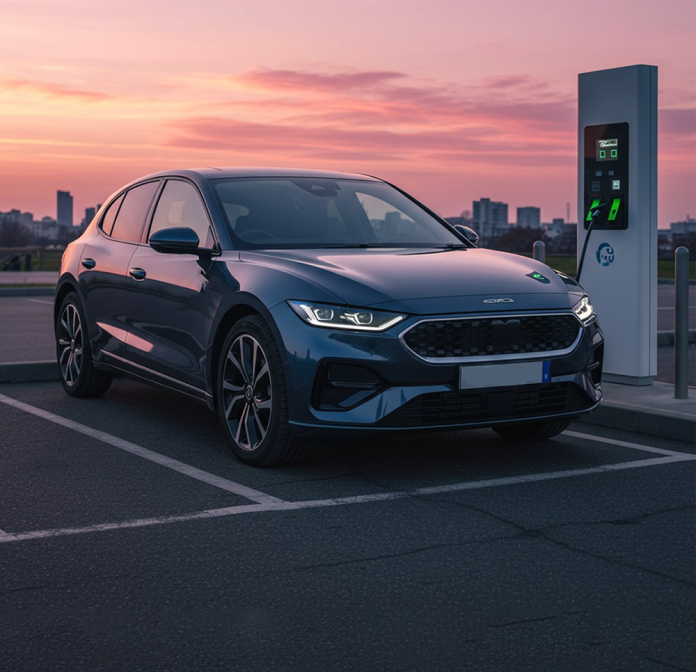The government’s New Energy Vehicle (NEV) policy marks a critical step toward modernizing Pakistan’s automotive industry while addressing environmental and economic challenges. Critics may argue the policy favors international players, but a closer look reveals its potential to benefit all stakeholders, including local Original Equipment Manufacturers (OEMs), consumers, and the nation at large.
The NEV policy is designed to encourage technological innovation across the board, offering equal opportunities to all OEMs. Rather than favoring specific companies, it prioritizes technologies that align with the government’s agenda of reducing the carbon footprint, improving air quality, and cutting reliance on fossil fuel imports. Pakistan’s air pollution crisis has reached critical levels. Lahore’s Air Quality Index (AQI) recently hit an alarming 1,900, and Multan peaked at 2,000—well above the hazardous level of 300. According to UNICEF, over 11 million children under five are exposed to harmful air quality in Punjab alone.These pollution levels reduce the average life expectancy in Pakistan by 3.9 years. Moreover, air pollution claims around 128,000 lives annually in Pakistan. The burning of fossil fuels accounts for over 80% of Lahore’s air pollution, with 69% stemming from two-stroke vehicles.The NEV policy aims to combat these environmental threats by encouraging a shift toward electric vehicles (EVs), which can significantly reduce particulate matter in the air.
The policy aims to extend current incentives for NEVs, covering Battery Electric Vehicles (BEVs), Hybrid Electric Vehicles (HEVs), and Fuel Cell Vehicles from June 2026 to June 2027. This stability will allow OEMs to strategize long-term investments, benefiting local industries and creating jobs.
While some OEMs have resisted the policy, citing concerns over competition, their reluctance highlights a lack of readiness to invest in Pakistan’s evolving market. Conversely, companies, which are currently importing CBUs but plan to establish local manufacturing by 2026, demonstrate a clear commitment to Pakistan’s goals. Such initiatives not only create jobs but also foster ancillary industries, ensuring the local market aligns with global standards.
Local manufacturers must adopt a forward-looking approach, prioritizing consumer welfare and environmental sustainability. The launch of NEVs can provide consumers with better, safer, and more modern vehicles while significantly improving urban air quality which is a pressing issue in cities like Lahore and Karachi.
For too long, local OEMs have relied on older-generation vehicles, prioritizing cost over consumer welfare and national interests. The NEV policy challenges this status quo, encouraging investment in cutting-edge technologies and aligning the industry with Pakistan’s Sustainable Development Goals (SDGs).
The NEV policy doesn’t just benefit international players but it also creates opportunities for local manufacturers to collaborate with global leaders, leveraging advanced technologies to build consumer trust and expand the market. OEMs with clear investment plans, like BYD, deserve recognition for driving green mobility and providing much-needed options in a market with limited choices.
Pakistan stands at a pivotal moment. By embracing the NEV policy, the country can secure a sustainable automotive future that benefits consumers, the economy, and the environment. Rather than resisting change, stakeholders should view this policy as an opportunity to innovate and grow, ensuring Pakistan doesn’t miss the NEV revolution.


